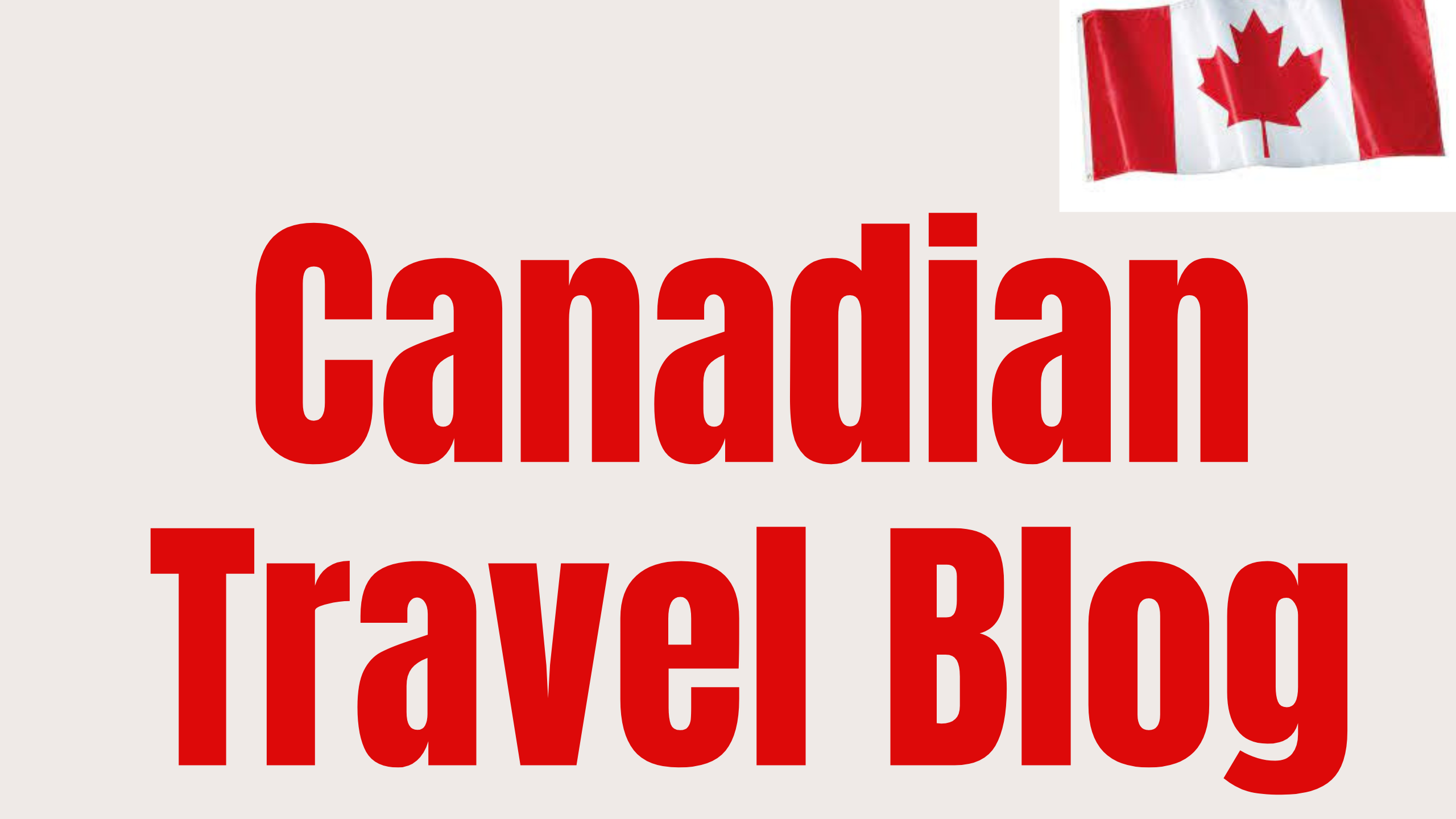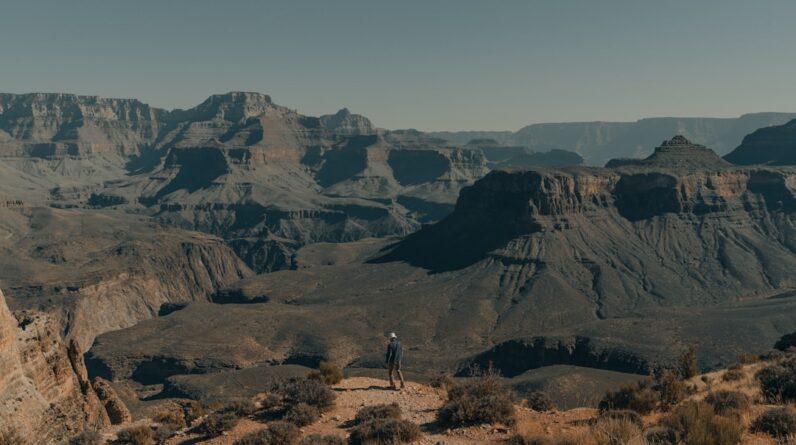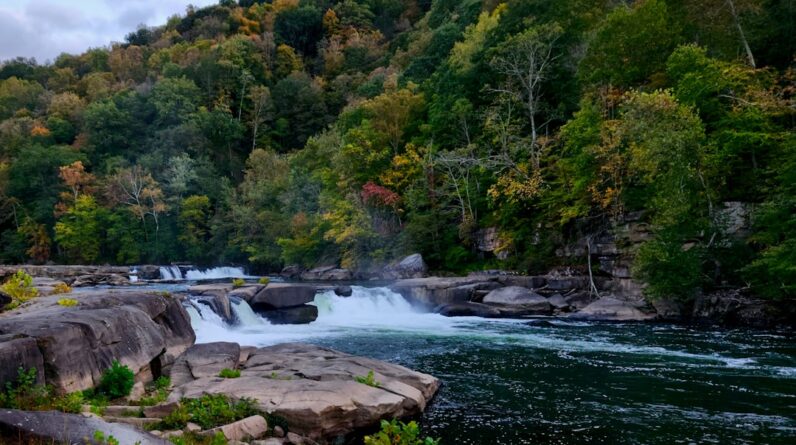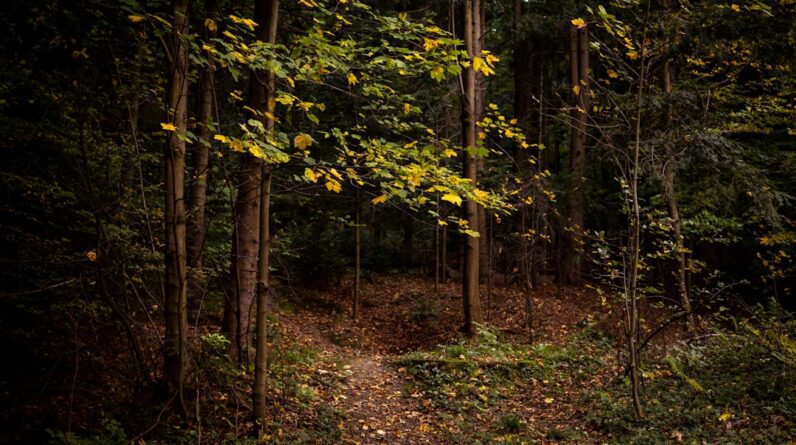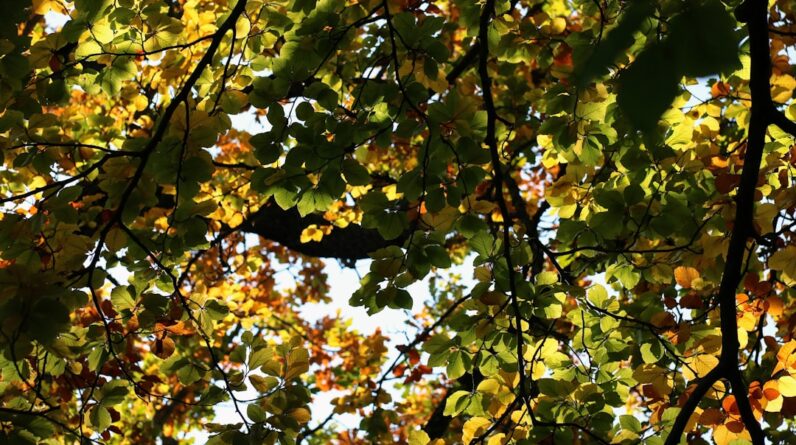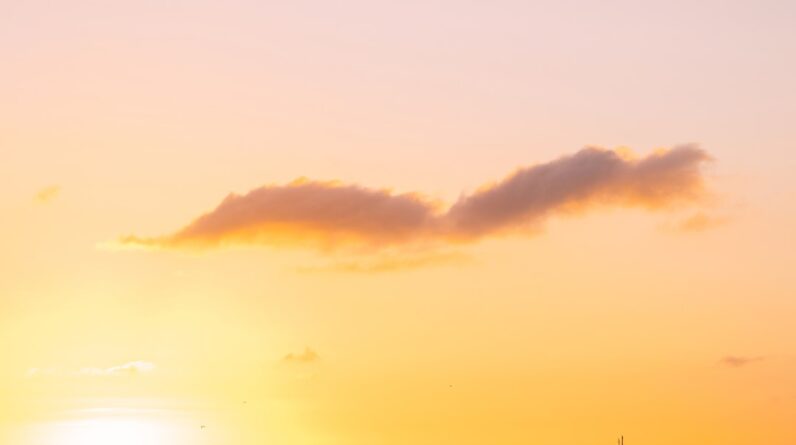Vancouver Island, located off the coast of British Columbia, Canada, is a haven for outdoor enthusiasts and nature lovers. With its diverse landscapes, stunning natural beauty, and abundance of wildlife, it’s no wonder that camping on Vancouver Island is a popular activity. However, with so many campsites to choose from, it can be overwhelming to decide where to pitch your tent. Choosing the right campsite is crucial for a successful trip, as it can greatly enhance your experience and allow you to fully immerse yourself in the island’s natural wonders.
Key Takeaways
- Vancouver Island offers some of the best campsites in Canada.
- The island’s natural beauty is a major draw for campers, with stunning beaches, forests, and mountains to explore.
- Families will love the many campsites that offer kid-friendly activities and amenities.
- Adventure seekers will find plenty of options for hiking, kayaking, and other outdoor activities.
- Beachfront campsites are a popular choice for those who want to wake up to the sound of the ocean.
- There are many lesser-known campsites on Vancouver Island that offer a more secluded camping experience.
- Camping on Vancouver Island can be budget-friendly if you plan ahead and choose the right campsites.
- Booking early is key to securing the best campsites on Vancouver Island.
- It’s important to follow camping etiquette to protect the island’s natural environment.
- The best time to camp on Vancouver Island depends on your preferences, with each season offering unique experiences.
Exploring the Natural Beauty of Vancouver Island’s Campsites
Vancouver Island is known for its breathtaking natural beauty and diverse ecosystems. From lush rainforests and rugged mountains to pristine lakes and sandy beaches, the island offers a wide range of landscapes to explore. One of the best ways to experience this natural beauty is by camping at one of the many campsites scattered throughout the island.
For those who love hiking and exploring, Strathcona Provincial Park is a must-visit. Located in the center of the island, this park boasts towering mountains, crystal-clear lakes, and ancient forests. The Buttle Lake Campground is a popular choice for campers looking to immerse themselves in this stunning wilderness. With its proximity to hiking trails and access to the lake, it offers a perfect base for outdoor adventures.
If you prefer coastal landscapes, Pacific Rim National Park Reserve is the place to be. This park stretches along the west coast of Vancouver Island and is known for its rugged coastline, sandy beaches, and old-growth rainforests. The Green Point Campground offers beachfront camping with stunning views of the Pacific Ocean. It’s a great spot for beachcombing, surfing, or simply enjoying the sunset over the water.
The Best Campsites for Families on Vancouver Island
When camping with children, it’s important to choose a campsite that caters to their needs and provides a safe and enjoyable environment. Family-friendly campsites often offer amenities such as playgrounds, swimming areas, and organized activities for kids. They may also have spacious campsites that can accommodate larger tents or RVs.
Rathtrevor Beach Provincial Park is a popular choice for families on Vancouver Island. Located near Parksville, this park offers a sandy beach, warm shallow waters, and plenty of space for kids to run and play. The campground has large, private sites with picnic tables and fire pits, as well as flush toilets and showers.
Another great option for families is Miracle Beach Provincial Park. Situated on the east coast of the island, this park features a sandy beach, tidal pools, and a nature center where kids can learn about the local flora and fauna. The campground has spacious sites with picnic tables and fire rings, as well as modern washrooms and showers.
Vancouver Island’s Top Campsites for Adventure Seekers
| Campsite Name | Location | Activities | Facilities | Price per Night |
|---|---|---|---|---|
| Strathcona Provincial Park | Central Vancouver Island | Hiking, Camping, Fishing, Kayaking | Campfire Rings, Picnic Tables, Toilets | 20 |
| Juan de Fuca Provincial Park | Southwest Vancouver Island | Hiking, Beachcombing, Surfing, Wildlife Watching | Campfire Rings, Picnic Tables, Toilets | 20 |
| Pachena Bay Campground | West Coast Vancouver Island | Hiking, Beachcombing, Fishing, Surfing | Campfire Rings, Picnic Tables, Toilets, Showers | 25 |
| Goldstream Provincial Park | South Vancouver Island | Hiking, Wildlife Watching, Salmon Run | Campfire Rings, Picnic Tables, Toilets | 20 |
| Rathtrevor Beach Provincial Park | Central Vancouver Island | Beachcombing, Hiking, Biking, Swimming | Campfire Rings, Picnic Tables, Toilets, Showers | 35 |
If you’re an adrenaline junkie or simply love trying new outdoor activities, Vancouver Island has plenty to offer. From kayaking and paddleboarding to mountain biking and rock climbing, there are endless opportunities for adventure on the island.
For those who enjoy water sports, Horne Lake Regional Park is a must-visit. This park is known for its crystal-clear lake, which is perfect for swimming, kayaking, and fishing. It also offers guided cave tours for those who want to explore the underground world of limestone caves.
For mountain biking enthusiasts, Cumberland Forest is a paradise. Located near the town of Cumberland, this forest has an extensive network of trails that cater to all skill levels. The Cumberland Lake Park Campground is a great base for exploring the trails and offers basic amenities such as pit toilets and drinking water.
The Best Beachfront Campsites on Vancouver Island
There’s something magical about camping by the ocean. The sound of crashing waves, the salty breeze, and the stunning views make beachfront campsites a popular choice for many campers. Vancouver Island is blessed with miles of coastline, offering numerous opportunities for beachfront camping.
One of the most picturesque beachfront campsites on the island is French Beach Provincial Park. Located on the west coast, this park offers stunning views of the Strait of Juan de Fuca and the Olympic Mountains in Washington State. The campground has spacious sites with picnic tables and fire pits, as well as flush toilets and showers.
Another great option is China Beach Campground, located near Jordan River. This small, secluded campground offers direct access to a beautiful sandy beach and is surrounded by lush rainforest. It’s a great spot for beachcombing, picnicking, or simply enjoying the tranquility of nature.
Discovering Hidden Gems: Vancouver Island’s Lesser-Known Campsites

While popular campsites on Vancouver Island can offer stunning scenery and great amenities, sometimes it’s worth venturing off the beaten path to discover hidden gems that offer unique experiences. These lesser-known campsites may not have all the bells and whistles of their more popular counterparts, but they often make up for it with their charm and tranquility.
One such hidden gem is Pachena Bay Campground, located in Huu-ay-aht First Nations territory. This campground offers beachfront camping with stunning views of the Pacific Ocean and easy access to hiking trails. It’s a great spot for wildlife viewing, as you may spot whales, sea lions, or bald eagles.
Another lesser-known campsite worth exploring is San Josef Bay Campground in Cape Scott Provincial Park. This remote campground is located at the northern tip of Vancouver Island and offers access to one of the most beautiful beaches on the island. It’s a great spot for hiking, beachcombing, or simply enjoying the solitude of nature.
Planning a Budget-Friendly Camping Trip on Vancouver Island
Camping is a great way to enjoy the outdoors without breaking the bank. However, costs can quickly add up if you’re not careful. Fortunately, there are ways to plan a budget-friendly camping trip on Vancouver Island without sacrificing comfort or scenery.
One of the easiest ways to save money on camping expenses is by choosing a campsite that offers affordable rates. Many provincial parks on Vancouver Island have reasonably priced campsites with basic amenities such as pit toilets and drinking water. These campsites may not have showers or electrical hookups, but they still offer a great camping experience.
Another way to save money is by bringing your own food and cooking your meals at the campsite. Many campsites on Vancouver Island have picnic tables and fire pits, making it easy to prepare and enjoy meals outdoors. By shopping for groceries before your trip and planning your meals in advance, you can avoid eating out and save money.
Tips for Booking and Reserving Vancouver Island’s Best Campsites
With the increasing popularity of camping on Vancouver Island, it’s important to plan ahead and book your campsite in advance, especially during peak season. Here are some tips for securing a spot at popular campsites:
– Research and decide on your preferred campsite well in advance. Look up reviews, check availability, and familiarize yourself with the reservation process.
– Determine the best time to book your campsite. Some campsites open their reservations several months in advance, while others operate on a first-come, first-served basis.
– Set a reminder for when reservations open and be prepared to book as soon as they become available. Popular campsites can fill up within minutes or hours of opening their reservations.
– Consider alternative dates or campsites if your preferred choice is fully booked. Flexibility can greatly increase your chances of securing a spot.
– If all else fails, try your luck with walk-in campsites. Some campsites set aside a certain number of sites for walk-ins, which are available on a first-come, first-served basis.
Camping Etiquette: How to Respect Vancouver Island’s Natural Environment
Camping is a wonderful way to connect with nature, but it’s important to do so responsibly and minimize our impact on the environment. Here are some guidelines for responsible camping on Vancouver Island:
– Leave no trace: Pack out what you pack in and dispose of waste properly. This includes garbage, food scraps, and human waste. Use designated trash bins or take your garbage with you when you leave.
– Respect wildlife: Keep a safe distance from wildlife and never feed them. Feeding wildlife can disrupt their natural behavior and create dependency on human food.
– Stay on designated trails: Stick to established trails to avoid damaging fragile ecosystems and habitats. Avoid trampling vegetation or disturbing wildlife habitats.
– Be mindful of noise: Keep noise levels to a minimum, especially during quiet hours. Respect the peace and tranquility of nature and be considerate of other campers.
– Leave campsites better than you found them: Clean up after yourself and leave your campsite in better condition than when you arrived. This includes picking up litter, extinguishing campfires properly, and restoring any natural features that may have been disturbed.
The Best Time of Year to Camp on Vancouver Island: A Seasonal Guide
Vancouver Island experiences a mild climate year-round, making it suitable for camping at any time of the year. However, the best time to camp depends on your personal preferences and the activities you plan to engage in.
Spring (March to May) is a great time to visit Vancouver Island if you enjoy wildflowers and mild temperatures. The island comes alive with vibrant blooms, and the weather is generally pleasant for outdoor activities such as hiking and wildlife viewing.
Summer (June to August) is the peak camping season on Vancouver Island, with warm temperatures and longer days. This is the best time to enjoy beachfront camping, swimming, and water sports. However, popular campsites can get crowded during this time, so it’s important to book in advance.
Fall (September to November) is a quieter time on the island, with cooler temperatures and fewer crowds. It’s a great time for hiking, fishing, and wildlife viewing. The fall foliage also adds a beautiful touch to the landscapes.
Winter (December to February) is the off-season for camping on Vancouver Island. While temperatures can be chilly, it’s a great time for storm watching and exploring the island’s rugged coastline. Some campsites may be closed or have limited services during this time, so it’s important to check in advance.
In conclusion, Vancouver Island offers a wide range of campsites that cater to different preferences and interests. Whether you’re looking for natural beauty, family-friendly amenities, adventure activities, beachfront views, hidden gems, budget-friendly options, or responsible camping practices, there’s a campsite on Vancouver Island that will suit your needs. By choosing the right campsite and following responsible camping practices, you can have a memorable and enjoyable camping experience on this beautiful island.
If you’re planning a camping trip to Vancouver Island, you won’t want to miss out on the article “Unveiling the Secrets of Vancouver Island’s Best Campsites.” But before you head out, make sure you check out our related article on how to pick the healthiest pumpkin at https://travelogs.org/pick-the-healthiest-pumpkin/. It’s packed with tips and tricks to help you choose the perfect pumpkin for your fall adventures. Happy camping and happy pumpkin picking!
